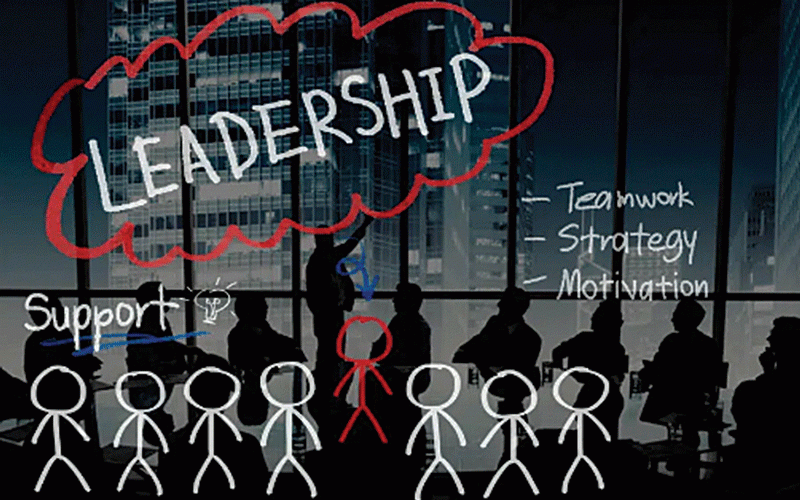
Zimbabwe has failed badly in its quest to improve electricity supply at a time when energy is crucial to the country’s economic-growth ambitions. Some high-density suburbs now experience 16 hours or more a day of power cuts and businesses endure blackouts of several hours a day. The situation isn’t improving. The power cuts are maximum now that our neighbours have switched us off for non-payment of debts running into millions of dollars.
The country has failed to pay power suppliers like Hydro Cahora Basa (HCB) in Mozambique $80 million triggering the latest development. Zambia and the Democratic Republic of Congo have also in the past suspended services to the country.
Admittedly, Zesa is a bad debtor. No wonder it has in turn failed to collect $450 million it is owed by the public, government and business. Rolling blackouts should be a last-resort measure used by an electric utility firm to avoid a total blackout of the power system. They should usually be in response to a situation where the demand for electricity exceeds the power supply capability of the network. They should generally result from two causes — insufficient generation capacity or inadequate transmission infrastructure to deliver sufficient power to the area where it is needed.
But for Zimbabwe it is due to poor planning and failure to appreciate business ethics. How could Zesa fail to stagger the payments when they switch off non-paying customers monthly? Don’t Zesa managers ask themselves why load-shedding is rare in other countries?
Because demand is accurately forecast, adequate infrastructure investment is scheduled and networks are well managed; hence such events are considered an unacceptable failure of planning and can cause significant political damage to responsible governments.
But this is not the case with our Zesa. The power utility on Wednesday indicated there would be amplified load-shedding outside the publicised schedules due to depressed local generation as the situation was compounded by depressed capacity to import power from the region. Undoubtedly there are significant deficiencies in Zesa’s programme intended to reduce power distribution losses, cut chronic outages and increase State utilities’ revenue from selling electricity.
There is no doubt that the inclusive government’s power initiative has failed in its primary objective, which was to cut a key measure of electricity distribution losses. Energy minister Elton Mangoma has admitted the power-supply system is now widely viewed as “abysmal”. What Zesa has failed to appreciate is that these chronic power outages are a serious brake on economic progress. Zimbabwe’s economy has grown marginally since the consummation of the wobbly inclusive government. But the shortage of power and lack of access may continue to be a major constraint on the economic growth.
The country needs to attract private investment into the electricity sector. Without it, it would be almost impossible to improve power generation. Yet, foreign investors haven’t found the going easy in the power sector. For example, a couple of years ago, the UK’s National Power planned a huge coal investment and a power generating plant at Sengwa Coal Mine in Gokwe, but was derailed by political and bureaucratic squabbling. It is everyone’s hope that what is happening now is not a result of further squabbling, this time within the GNU.











